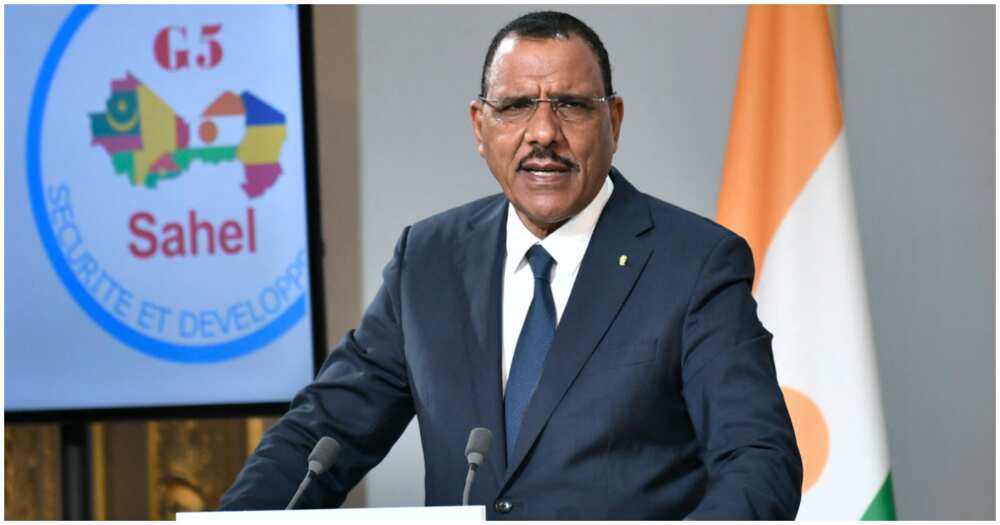
Presidential guards were keeping Niger President Mohamed Bazoum confined inside his palace in the capital Niamey on Wednesday, in an incident that neighboring countries condemned as an attempted coup with the United Nations, United States, and EU all denouncing any efforts to seize power.
The presidency stated earlier in the day that the guards had initiated an “anti-republican” movement “in vain” and confirmed that Bazoum was safe and well.
In a statement presidency asserted that the national army was prepared to take action against the guards if they did not reconsider their actions.
Guards blocked access to both Bazoum’s residence and the presidential offices in Niamey. However, there were no signs of abnormal military deployment or gunfire in the area, and traffic appeared to be normal, as reported by media.
Neighbors, West condemn the ‘coup attempt’
West Africa’s prominent regional and economic bloc, ECOWAS, urged the plotters to release Bazoum as the African Union called upon the “felon” soldiers involved to immediately return to their barracks.
The President of neighboring Benin, Patrice Talon, stated that he would travel to Niger on Wednesday to mediate, following his meeting with Nigeria’s President and ECOWAS leader, Bola Tinubu.
“I believe that all means will be used, if necessary, to restore constitutional order in Niger, but the ideal would be for everything to be done in peace and harmony,” Talon told media in Abuja.
“The EU condemns any attempt to destabilize democracy and threaten the stability of Niger,” EU foreign policy chief Josep Borrell said in a post.
France condemned any attempt to seize power and advised French citizens in Niamey to exercise vigilance. The United States expressed deep concern over the unfolding developments in Niger.
In a statement, UN Secretary-General Antonio Guterres called on all actors involved to exercise restraint.
Situation uncertain in Niger
Bazoum, who won a democratic election in 2021, maintains a close alliance with France.
The country’s most recent coup took place in February 2010, leading to the removal of then-president Mamadou Tandja from power.
On its social media pages, the presidency assured that, “The President of the Republic and his family are well.”
The statement was later removed from public view amid uncertainties regarding the party in control.
On Wednesday afternoon, Niger’s national television was broadcasting music and a soap opera, contributing to the sense of ambiguity surrounding the situation.
Last year, France relocated troops from Mali to Niger following strained relations with interim authorities in the region. Also, due to similar tensions, France is in the process of withdrawing special forces from Burkina Faso.
Since 2012, the United States has allocated approximately $500 million to support Niger in enhancing its security capabilities. Furthermore, in April, Germany announced its participation in a three-year European military mission aimed at bolstering the country’s military strength.
Frustrations over the government’s inability to prevent violent attacks on towns and villages have been a contributing factor to the occurrence of two coups in Mali and two in Burkina Faso since 2020.
Niger experienced a thwarted coup attempt in March 2021 when a military unit attempted to seize the presidential palace just days before the recently elected Bazoum was scheduled to be sworn in.
Bazoum’s election marked the first democratic transition of power in a nation that has experienced four military coups since gaining independence from France in 1960.
